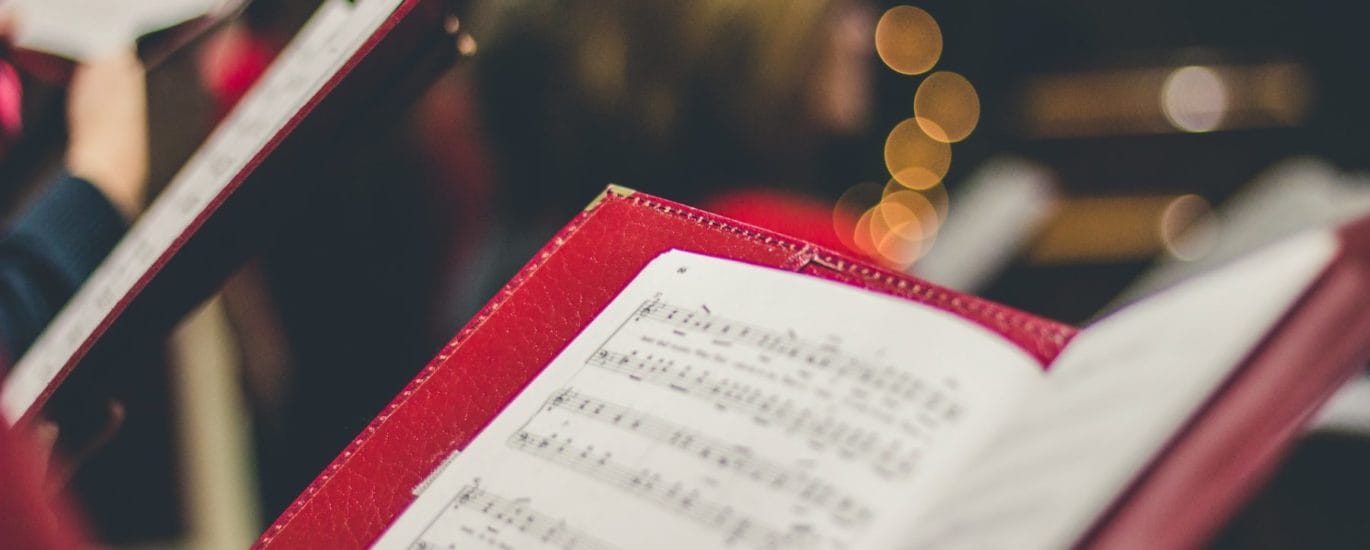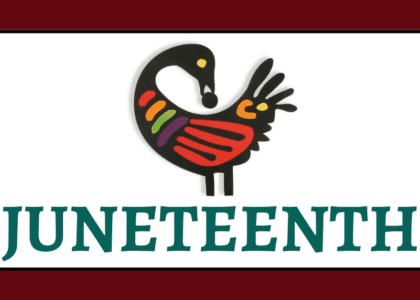By Benjamin Smith
Dear friends,
One of my favorite Advent hymns is In the Bleak Midwinter by Christina Rossetti, a Victorian writer most famous for her poems Goblin Market and Remember. Her writing wrestles with the weight of experiences such as mourning and remembrance, and her holiday carol reflects this struggle. You might remember its opening stanzas:
In the bleak midwinter / Frosty wind made moan
Earth stood hard as iron / Water like a stone
These lines set the stage for what we later realize is the birth of Jesus in this stark landscape before she imagines herself as one of the first people to meet the newborn. Later in the song, Rossetti reveals the central tension of the text: she has nothing to give Jesus! “What can I give him, poor as I am?” she laments. Flashy, fabulous visitors had traveled from far away to pay homage; nothing she could give would compete with angels and magi. So she realizes that she will give something she does have: her heart.
I wonder what Rossetti’s world looked like when she wrote these lines one hundred and fifty years ago. For one, wars raged on nearly every continent when she published this poem in 1872. The United States was entering a bitter, pessimistic, and violent era of racial and economic politics during Reconstruction; Germany had just reunified after 28 years of division; and Britain was entering a new colonial period known today as New Imperialism. Workers across Europe went on strikes in response to unregulated and degrading working conditions; white settlers on the Great Planes massacred and displaced countless Sioux; and a contested and divisive presidential election was taking place across the ocean in the United States.
The 1870s also represented tremendous social and economic growth for Britain, albeit bought by empire. While countries such as France had seen revolution less than a century before, Britain aimed to maintain social order through reform. The Factory Act would soon be passed, which would improve working conditions for countless laborers and increase labor rights. Parliament would also pass legislation concerning poverty, the rights of children, and healthcare during these years.
These changes unfolded as England developed into the most urban country in the world, with half of its population dwelling in cities. It also possessed the world’s largest and most violent Empire protected by a powerful navy. Back home, its urbanness exacerbated problems in healthcare, education, and housing, while once-stable countries across the world succumbed to similar problems under the weight of empire.
This was the world Rossetti lived in.
Which is why her poem matters. It is much more than just a creative take on the nativity, but instead envisions a hope her world didn’t seem to have. The clash between hope and despair in Rossetti’s world is reflected in the struggle between winter’s bleakness and Christ’s light in her writing. Each wrestles with the other and exists despite the other. Rossetti doesn’t try to melt winter with the warmth of the nativity, but lets the two exist together by making a personal choice to act.
What can I give him? / Poor as I am
If I were a shepherd / I would give a lamb
If I were a wise man / I would do my part
But what I can I give him / Give him my heart
The poet’s decision to take action invites us to remember that we live in a world in which death and life exist not as opposites, but simultaneously. And that the real miracle in Rossetti’s poem may not be the birth of Jesus, but her own transformation in response to her encounter with him.
Our world at times can feel like Rossetti’s, especially these days. The planet we share is warming, fascism is on the rise globally, and hate ideology poses a growing threat. But Rossetti’s poem reminds us that, even in the bleakest landscapes, when the world is cold and frosty winds moan, there is reason to hope.
With hope,

Benjamin Smith

Benjamin Smith is serving on staff at Stewpot Community Services in Jackson, Miss., with folks going through homelessness. He graduated from Wake Forest University School of Divinity in 2021 and is exploring his calling beyond the church’s walls. He enjoys cycling, nature, and spending time with friends and family.




Recent Comments